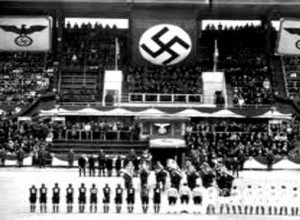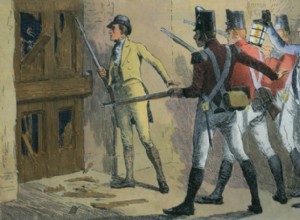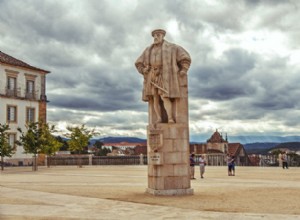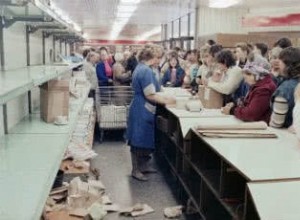I guess many of you will remember the movie Escape or Victory (1981) in which the German soccer team faced a team made up of prisoners of war during World War II and in which the dilemma of taking advantage of the match for a massive escape or defeating the Germans on the field was raised game, beca




